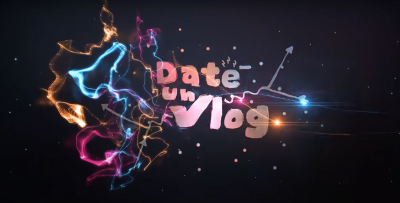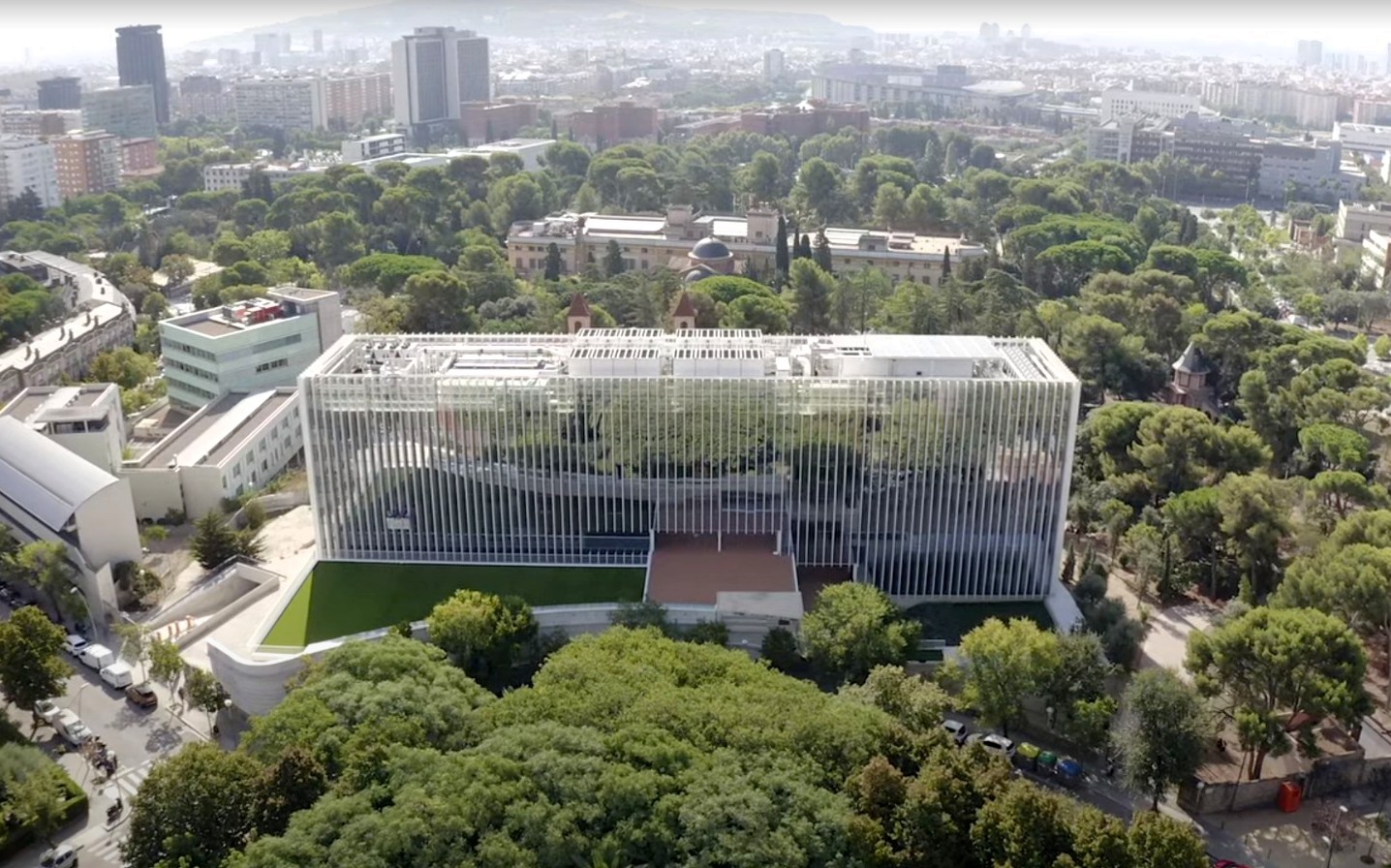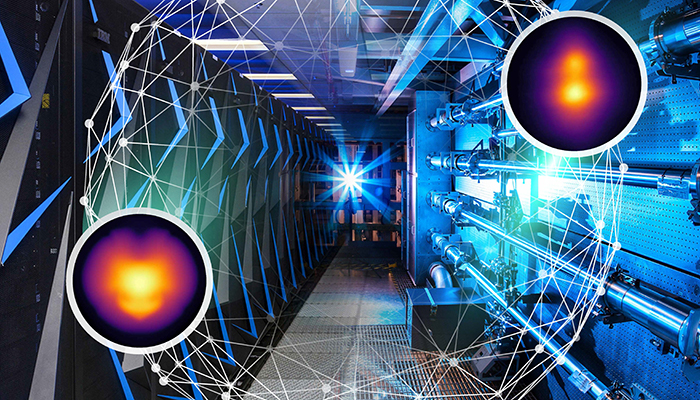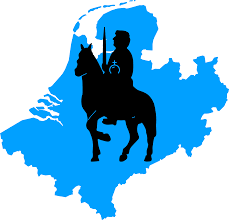
The BSC GPU Hackathon took place in the online format on the 25th of October and the first week of November. This multi-day event, co-organized by NVIDIA and Barcelona Supercomputer Center (BSC), and promoted by Raise Center of Excellence, CHEESE and CompBioMed was a part of the BSCTech Hackathons 2021 series. Its main goal was to help teams accelerate their own code on GPUs using a programming model or machine learning framework of their choice under the guidance of expert mentors from national labs, universities, and industry leaders. Through the partnership with NVIDIA and OpenACC the event provided a thrilling opportunity for the scientists to test their applications and enhance their experience.





